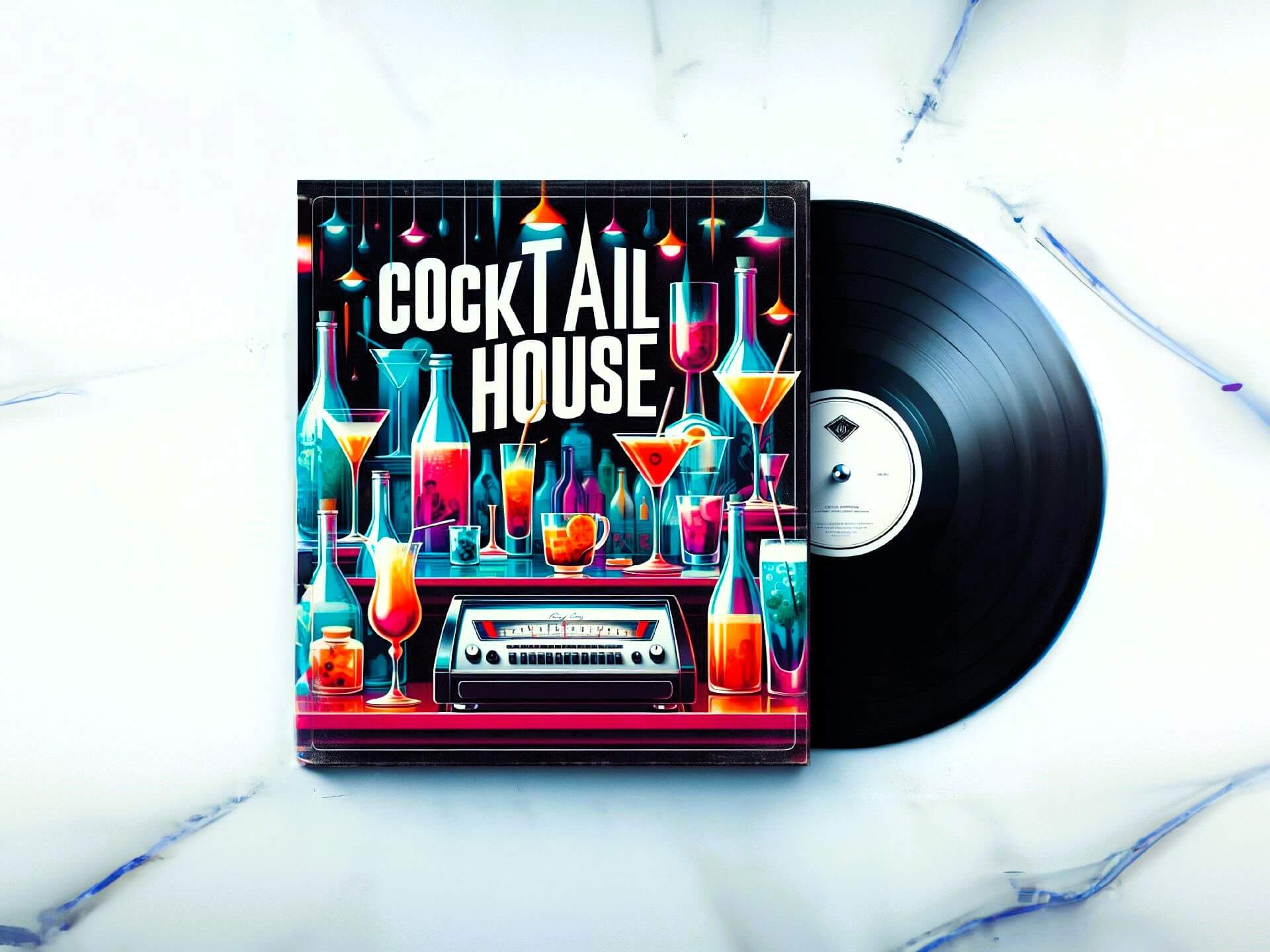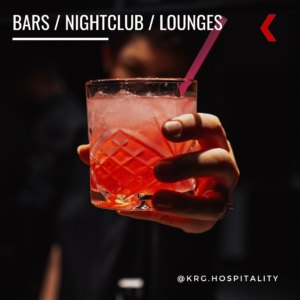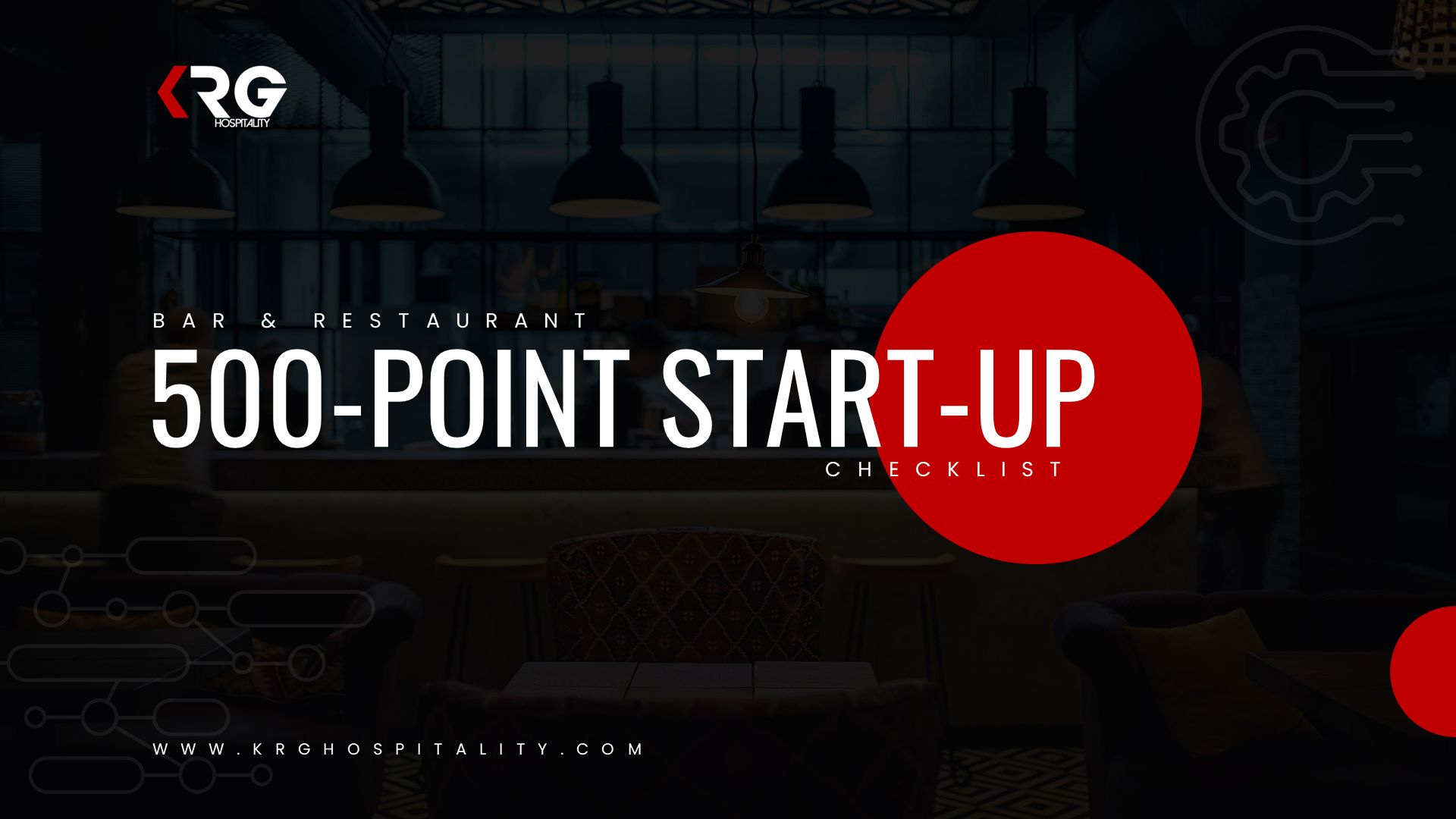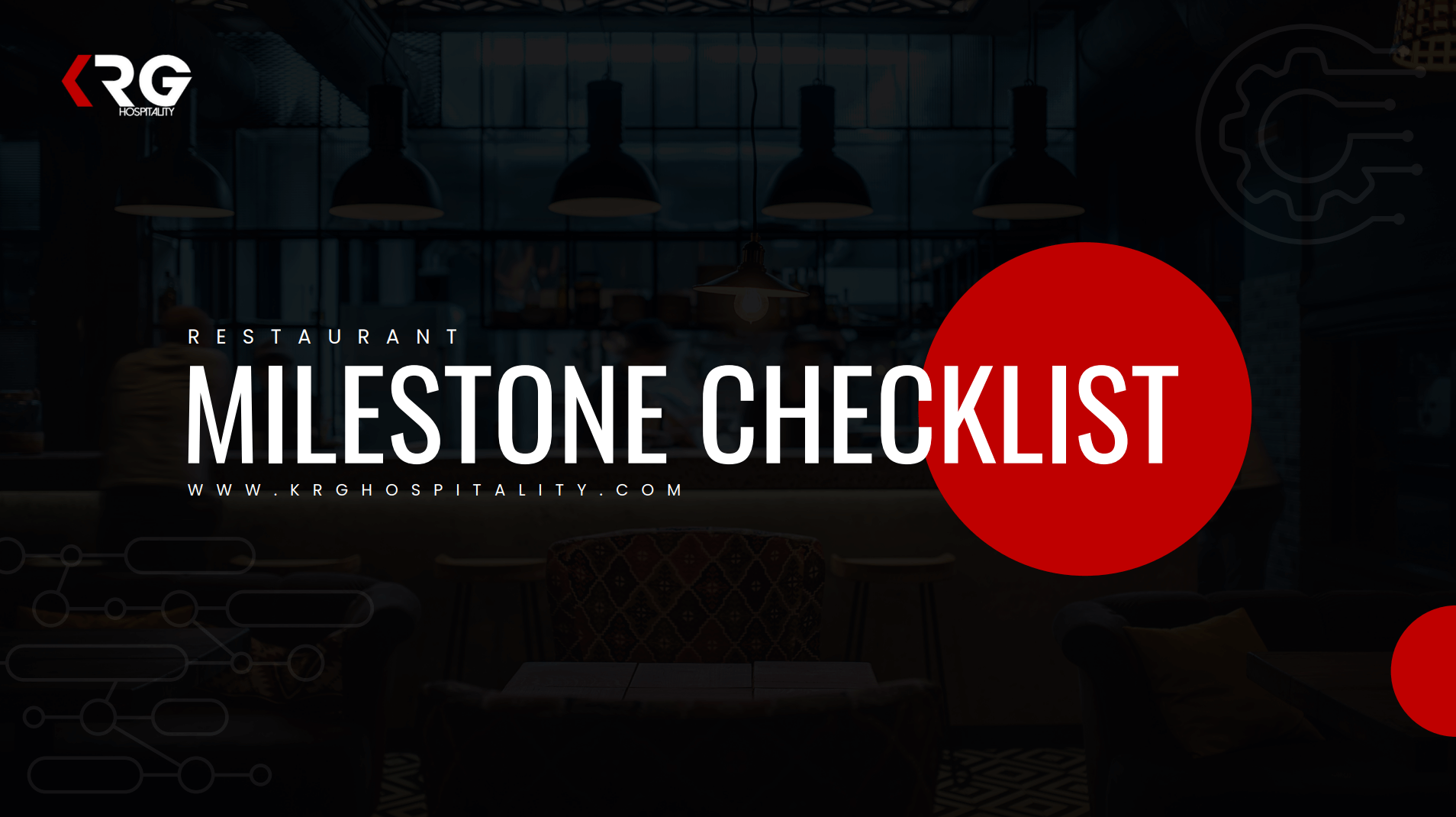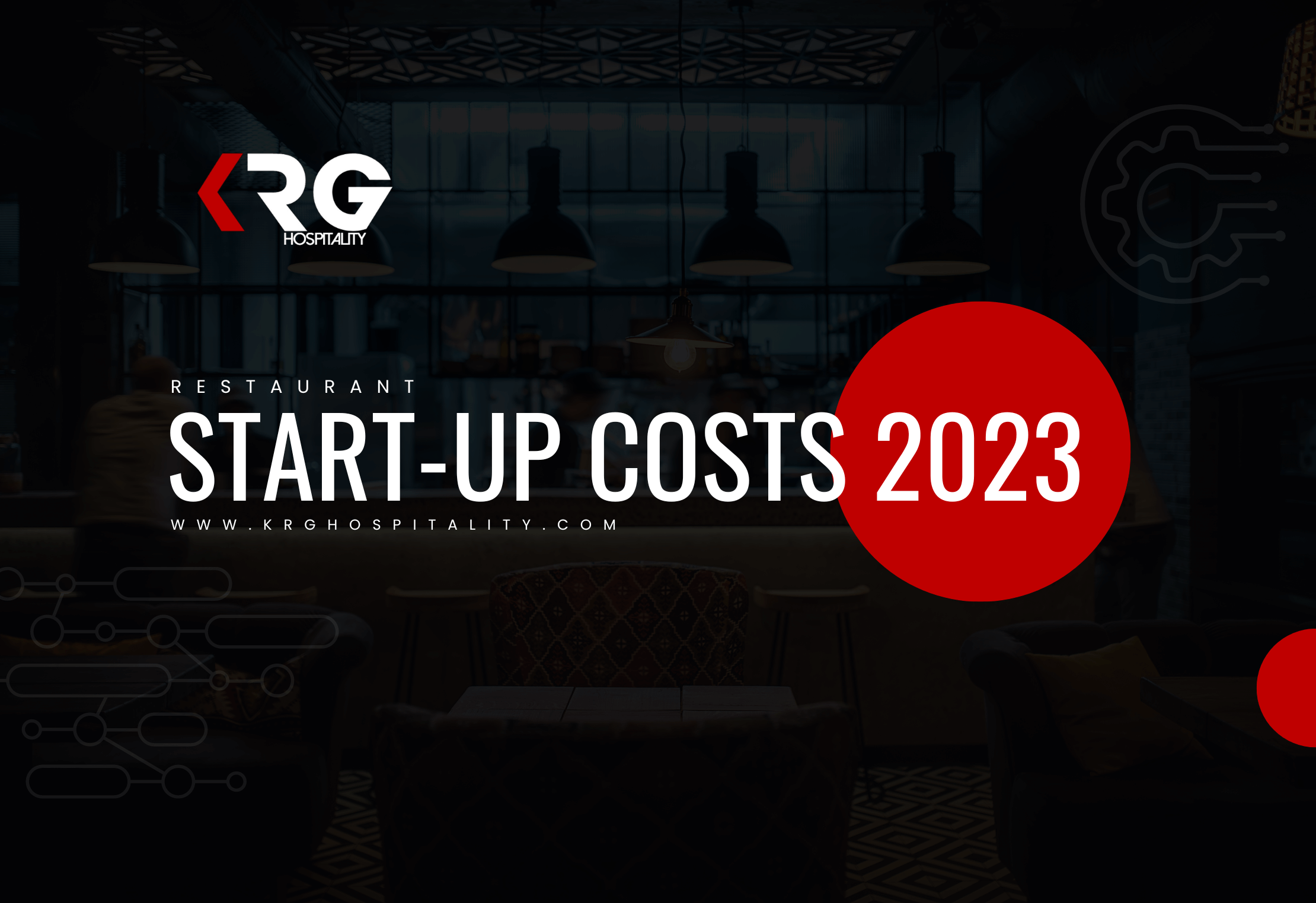Cheers to the Flyover Conference and Cincy!
by David Klemt

Just pretend the temporary SkyStar Wheel isn’t in this picture.
The successful and exciting launch of the Flyover Conference makes it clear that co-founders Sarah Engstrand and Greg Newman are onto something big.
Big, yet intimate. There’s a real feeling of community when a small-but-driven group gathers with purpose. That’s exactly what Flyover embodies.
Now, I know some people who live between the east and west coasts in the US find the term “flyover” irritating, if not outright offensive. As someone born and raised in the Midwest, I understand the frustration. However, I can assure anyone raising a skeptical eyebrow or frowning at the name of the conference that it isn’t meant as a pejorative.
Rather, Engstrand and Newman are giving a cheeky middle finger (likely two, really) to those who dismiss “secondary” and “tertiary” markets. In fact, their intention is to shine a spotlight on—and serve—cities that don’t receive the same attention as “primary” markets.
By primary, I think you know main culprits: New York, Los Angeles, Chicago, Boston, and Miami. In contrast, Las Vegas, Phoenix, Cincinnati, and Detroit carry the “secondary” label (as do many other cities).
So, a core element of the conference is featuring speakers who have, up until now, mostly spoken at highly visible trade shows that take place in major host cities. For example, the National Restaurant Association in Chicago.
For the inaugural Flyover, the co-founders put in the work to provide Cincinnati with a powerhouse lineup of hospitality industry speakers. Additionally, this year’s F&B sponsors delivered an awesome array of sips and bites.
Killer Kickoff Keynote
Truly, Flyover’s mission is to deliver maximum impact over the course of just two days. The 2024 speaker lineup serves as a testament to their dedication.
So, too, is how the 2024 show utilized the two speaker stages, provided by Rhinegeist Brewery. Flyover attendees and speakers were close to one another, not separated by the vast expanse of a ballroom or elevation of a platform.
David Kaplan, CEO of Gin & Luck, the parent company of the world’s first cocktail bar chain (for lack of a better term, really) kicked off the event. Perhaps multi-location craft concept is a better phrase to explain Death & Co. in five words or less.
During his informative and inspiring keynote, he detailed he and his team’s approach to entrepreneurship. As Kaplan explains, when someone understands their purpose (why), they come to an understanding that helps develop their process (how). In turn, that gives an entrepreneur an understanding of the outcome they’re working toward, or their “what.”
I’ll dive much deeper into his keynote in a future article, because Kaplan’s approach goes much further than why, how, and what. In fact, in keeping with his status as one of the most transparent people in hospitality, Kaplan shares his personal core values, along with those of Death & Co.
Engaging Education
Bartender-cum-licensed psychotherapist (and soon-to-be organizational psychologist) Laura Louise Green took on a topic afflicting all of hospitality: burnout. The founder of Healthy Pour, Green explained that burnout is not only different than stress, it’s certainly not a sign of weakness to take the time to address it.
One of my favorites, Chef Brian Duffy, took a different approach to the topic of menus. Instead of reviewing a handful of submissions, Duffy took questions and addressed issues with food purveyors directly in a frank and open discussion.
Encouraging operators to take greater risks, Michael Tipps, co-founder of Maverick Theory, drove home a compelling point. Oftentimes, operators are fearless when developing their concepts. However, something curious often happens when it’s time to welcome the public into the space: second guessing, and blunting the sharpness of the original vision.
Oh, and I shared the KRG Hospitality approach to systems, starting, stabilizing, and scaling, my second time every presenting at a conference. Most people assume that because I host a podcast I’m comfortable talking to anyone, anywhere. That’s mostly true. However, I, like millions of other people, find public speaking anxiety-inducing. So, a huge thanks to the Flyover team, fellow speakers, and mostly the attendees for setting me at ease.
The above are but a handful of the education sessions that Flyover provided for attendees. Other topics ranged from the need for fully realized non-alcohol bar programs, building events in house, and operators handling their own PR campaigns, to leadership skills and leveraging the power of an effective door team.
Bang for Buck
Anyone who has attended one of the big hospitality industry conferences has probably been subjected to the experience below.
You file into a session featuring a topic of particular interest to you and your business. Even better, the speaker is someone you’re excited to see and hear. The presentation ends and…awkward silence. Almost everyone is too afraid to ask a question that they feel may make them look “stupid,” or like they’re not a good operator. Finally, someone asks a question, and that leads to a few more questions.
Unfortunately, the presentation was 45 to 50 minutes long, and with the awkward pause after its conclusion, there are barely ten minutes left for the speaker to answer questions. When they’re shooed off the stage, they’re swarmed in the hallway. You think they may be overwhelmed, you don’t want to add to that or inconvenience someone you admire, and you never get to meet them, ask them an important question, and exchange business cards.
That’s not an indictment of the large, more mainstream conferences. It’s just how it is when you pack dozens upon dozens of speakers, and thousands of attendees, into a conference hall. Further, schedules tend to be so loaded in order to attract attendees and boost ticket sales that people are forced to make difficult choices and miss out on some awesome sessions.
In contrast, Flyover intends to limit their ticket sales. And while there will always be a choice to make at a conference, they seek to mitigate that prevalent issue. Was this year’s show perfect? No, there were growing pains, as expected. Will this team learn and improve the show to maximize the impact for attendees? I have every confidence that the answer is a resounding “yes.”
Future Flyovers
I have to say, I’m deeply interested in the future of Flyover Conference. In fact, schedule permitting, I would attend even if I weren’t asked to speak at future shows.
It was an honor to be part of something of so impactful.
The entire point of this industry—hospitality—can sometimes fall to the wayside at conferences, trade shows, and expos. Another way of saying that is that while we all speak the same language, we often forget to take the time to connect with one another.
While there’s work to do, Flyover addresses this issue. The show is set up so that attendees, speakers, and sponsors are sharing the same spaces; there’s an actual sense of community. When it comes the host city, there’s a real sense of place, and that’s important.
Speaking of the host city…the next Flyover will take place in a city I mentioned at the top of this article. The most populous city in Michigan, Detroit—Motor City itself—will host the second Flyover Conference. Looking forward to it, Hockeytown.
Be sure to connect with Flyover for updates and announcements.
Cheers!
Image: Jake Blucker on Unsplash


